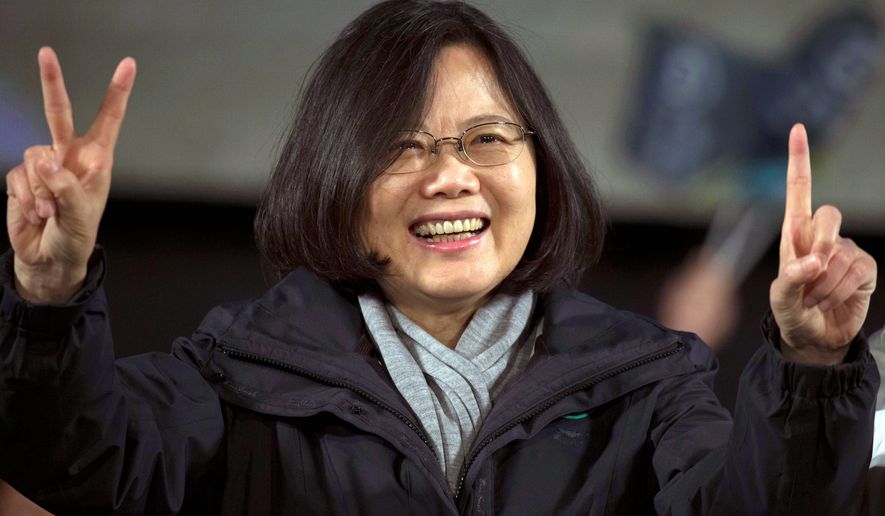
On the eve of the Taiwanese presidential election, U.S. White House Deputy National Security Adviser Ben Rhodes stated that the U.S. “One China” policy will remain. This is a sincere and earnest reminder to the future leader of Taiwan, as well as a wish that cross-strait peace and stability will not change because of Taiwan’s change in leadership.
In fact, the U.S. releases its information in an entire set. From four former national security advisers to Rhodes, from former heavyweight officials to the current high official, there was not one that did not show interest in the Taiwan election. One could even say that they cared even more about Taiwan’s mainland China policy after the election.
The reason is simple. If the U.S. was lax, it would not express its deep concerns via its former secretary of defense and deputy national security adviser. The United States’ important allies are almost all democracies, but who has ever seen the U.S. care so much about its allies’ elections? Its worries also come from the uncertainty of the future of China and Taiwan.
This uncertainty currently lacks solutions. One possibility is Democratic Progressive Party presidential candidate Tsai Ing-wen’s “status quo,” although no one is certain how she will maintain the status quo. A second is Tsai’s “communication,” although there is no knowing by what means the public will communicate. A third is that mainland China had already confirmed the 1992 Consensus to be a cross-strait consensus; without it, how would Tsai secure Taiwan’s international status after the election?
America’s worries are Taiwan’s worries!

Leave a Reply
You must be logged in to post a comment.